The 115th Congress Aligns with the Trump Administration in Targeting China
By: Professor Robert Sutter
This article was originally published in PacNet, 62 (August 30, 2018).
After a slow start in 2017, reflecting preoccupations with health care and tax reform, the 115th Congress has demonstrated remarkable activism on China policy in 2018. This Congress has broken the mold of past practice where the US Congress more often than not since the normalization of US relations with China four decades ago has served as a brake and obstacle impeding US initiatives in dealing with China. That pattern saw repeated congressional resistance to administration efforts to advance US engagement with China at the expense of other US interests that Congress valued such as relations with Taiwan and Tibet, and human rights.
Today’s congressional-executive cooperation rests on the Trump administration’s overall hardening of US policy toward China. Congress is responding with widespread support and asking for more. Notably, Congress strongly backs the Trump administration’s push for greater military, intelligence, and domestic security strength to protect US interests abroad and to defend against Chinese espionage and overt and covert infiltration to influence the United States. It opposes perceived predatory lending of President Xi Jinping’s signature Belt and Road Initiative and Chinese expansion in the South China Sea. It seeks greater protection against Chinese efforts to acquire advanced US technology companies in pursuit of economic leadership in these fields. And it presses for greater US support for Taiwan.
Like the Trump administration, Congress remains divided on how to deal with trade issues. Members often object to adverse impacts punitive tariffs have on their constituencies. They also voice opposition to imposing tariffs on allies at the same time tariffs are imposed on China. Congressional efforts to check President Trump’s personal proclivity to seek compromise after raising tensions came in the sharply negative congressional response to Trump’s decision in May to ease the harsh sanctions against the prominent Chinese high technology firm ZTE, in response to a personal plea from the Chinese president. Nevertheless, Trump’s dominance in the Republican Party and repeated vindictiveness against opponents mean that few in the Republican ranks controlling Congress are willing to stand against him.
Congress in action
In 2018, Congress has turned attention to China policy through:
- extensive hearings on how China is challenging the United States,
- many bills on specific issues, with some incorporated into the annual National Defense Authorization bill, and
- letters to the administration warning of and urging a firm response to China challenges.
Congressional moves against China prominently display conservative Republicans like Senator Marco Rubio and Senate Majority Whip John Cornyn, but also feature leading liberal Democrats. Though past congressional hearings on China regularly had witnesses favoring accommodation and constructive engagement with China, it is common in 2018 to find no such witnesses, with those testifying stressing the need to defend against Chinese malign actions. FBI Director Christopher Wray warned the Senate Intelligence Committee in February of China’s espionage and influence campaigns in the United States, including wide use of Chinese students researching sensitive technologies. The US National Intelligence Council in June informed the House Armed Services Committee about China’s acquisition, including by illicit and clandestine means, of US military and commercial technology Beijing seeks to use in challenging US leadership.
A bipartisan group of 27 of the most senior senators, headed by Cornyn and Minority Leader Charles Schumer, sent a letter to the administration in May, urging a firm stand against recent Chinese technology theft and ambitions. In June, 12 Senators, including Elizabeth Warren, urged defense against Chinese influence operations. In August, opposition to perceived predatory lending practices in China’s Belt and Road Initiative showed in a letter signed by 16 senators, including Patrick Leahy, a leading liberal with long experience with US foreign assistance and international finance. Meanwhile, a variety of bills with bipartisan support have proposed various ways to strengthen Taiwan.
National Defense Authorization Act FY-2019
The capstone of congressional hardening toward China in 2018 came with the numerous provisions of the FY 2019 National Defense Authorization Act that impact China policy. Widely seen as one of the very few foreign and defense policy bills that must be passed and approved each year, the Act passed the Congress and was signed by the president in August. The language on China is harsh, accusing Beijing of using an “all-of-nation long-term strategy” involving military modernization, influence operations, espionage, and predatory economic policy to undermine the United States and its interests abroad. In response, the law directs a whole-of-government US strategy with provisions on the South China Sea, the Indo-Pacific region, and China’s “malign activities” including information and influence operations, as well as predatory economic and lending practices. The Act’s provisions on Taiwan seek to enhance US arms sales, higher level US defense and related personnel exchanges, training and exercises with Taiwan. The Act contains a separate set of provisions to modernize, strengthen, and broaden the scope of the interagency body, the Committee on Foreign Investment in the United States (CFIUS), to more effectively guard against the risk to US national security seen posed by Chinese and other predatory foreign investment. It also includes key reforms in US export controls designed to better protect emerging technology and intellectual property from Beijing and other potential adversaries.
Outlook for future congressional-administration cooperation on China
Trump administration strategy documents undergird a substantial strengthening of the US measures at home and abroad to defend against perceived Chinese inroads. Such steps enjoy strong congressional backing. The documents are grim in portraying an array of serious challenges and dangers posed by China. Crafting and implementing effective US countermeasures will require years of expensive and effectively managed US whole-of-government efforts. Congressional activism on China policy in 2018 demonstrates strong support for such countermeasures, establishing bipartisan executive-congressional hardening in a broad-based US policy targeting China.
Sustaining US resolve against China will be costly and potentially risky, especially given that internal differences continue on punitive tariffs and implications of a trade war with China. For now, it appears that barring major concessions from Beijing to meet US demands, an abrupt change in course by the avowedly unpredictable President Trump, or an unexpected crisis or war, the executive and legislative branches of the US government seem likely to remain remarkably united on a path of intense rivalry with a perceived powerful and predatory China.
Robert Sutter is Professor of Practice of International Affairs at the George Washington University. PacNet commentaries and responses represent the views of the respective authors. Alternative viewpoints are always welcomed and encouraged.




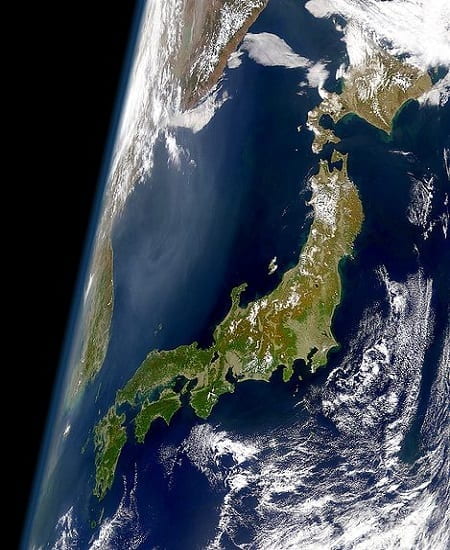
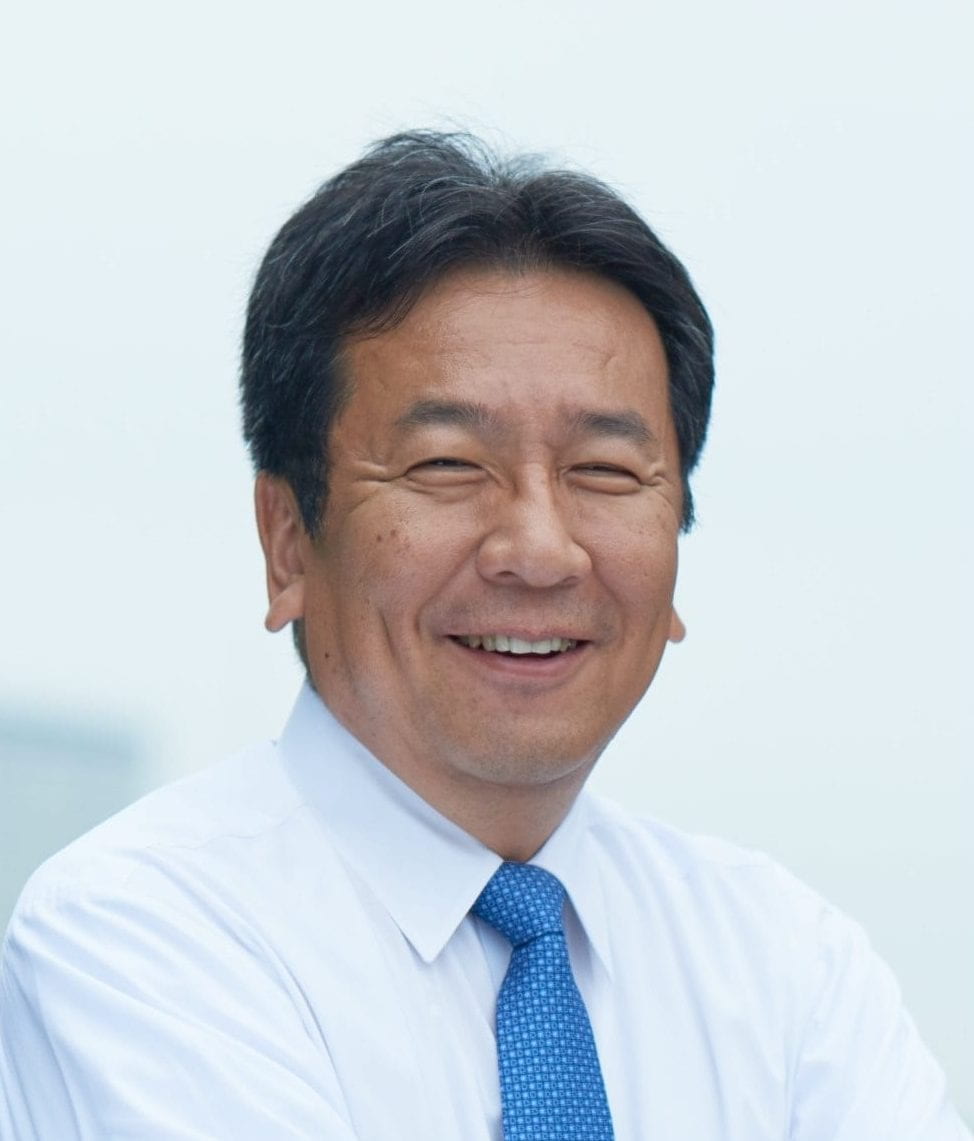
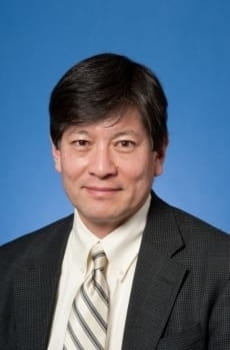




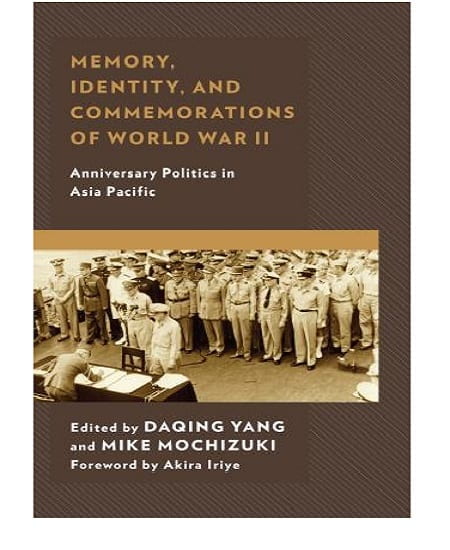
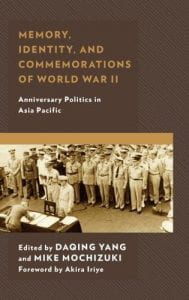
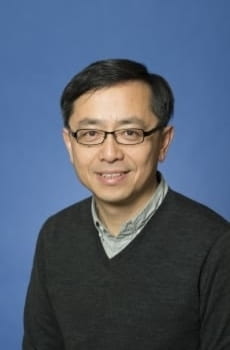


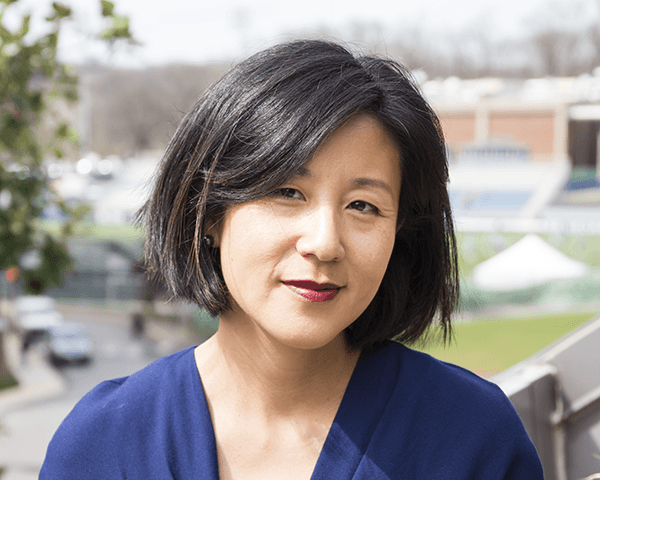
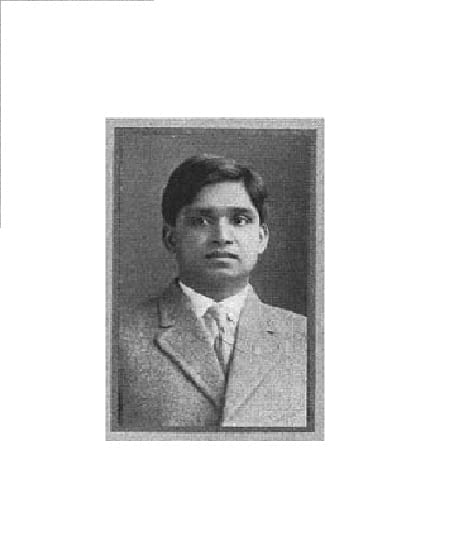
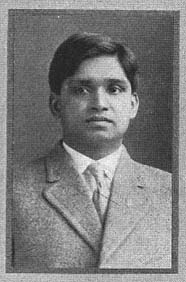
 Neilesh Bose is Assistant Professor of History and Canada Research Chair of Global and Comparative History at the University of Victoria in Victoria, BC, CANADA. Dr. Bose is an historian of modern South Asia with interests in colonialism and decolonization, settler colonialisms, migration, nationalism, literary history, and intellectual history. Published work includes the book
Neilesh Bose is Assistant Professor of History and Canada Research Chair of Global and Comparative History at the University of Victoria in Victoria, BC, CANADA. Dr. Bose is an historian of modern South Asia with interests in colonialism and decolonization, settler colonialisms, migration, nationalism, literary history, and intellectual history. Published work includes the book 





